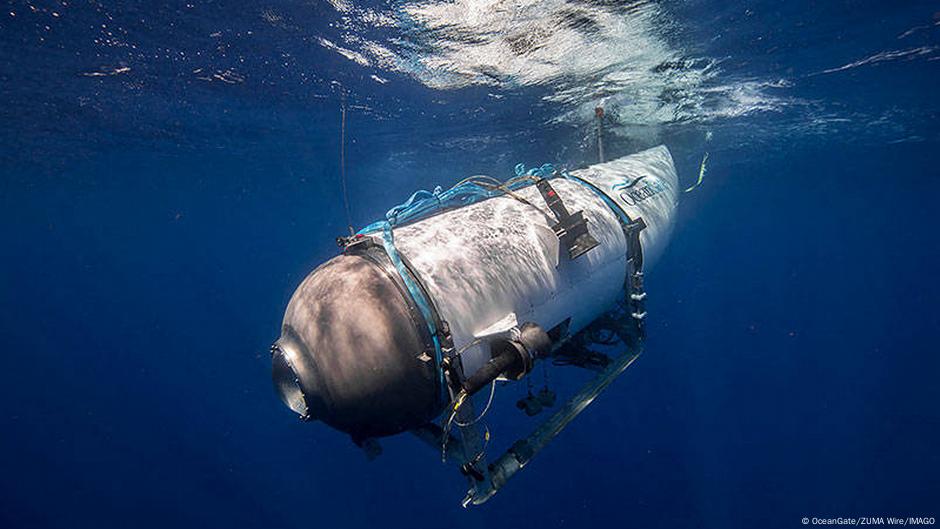Worldwide, 44 million deaths – this is the tragic figure of HIV/AIDS since it was first detected in 1981; It was officially discovered in 1983. AIDS is considered one of the worst epidemics in human history.
The number of AIDS-related deaths has declined steadily over the years due to awareness campaigns, education, and prevention, but people are still dying.
In 2024, UNAIDS reports the number of AIDS-related deaths About 630,000 people lived around the world in one year.
New discovery of antibodies against HIV Germany’s Cologne University Hospital has raised hopes that another weapon in the fight against the virus may be on the horizon.
More than 800 antibodies tested against HIV
The research team, led by Florian Klein, director of the Institute of Virology in Cologne, examined blood samples from 32 people. They were all infected with HIV, but they had developed particularly strong and broadly effective antibody responses against the virus on their own without any medical intervention.
Researchers tested more than 800 different antibodies from these blood samples for their ability to neutralize HIV.
One of them, named 04_A06, stood out. The antibody blocks the site where the virus attaches to cells when it infects a person. Therefore it prevents HIV from entering the body cells. When the virus enters a cell, it reprograms the cell to reproduce the virus, and this weakens the immune system in the long run.
Antibodies in the human immune system are produced by B lymphocytes or B cells.
When B cells detect pathogens, they become plasma cells that release antibodies, such as the 04_A06 antibody discovered by the Colon researchers.
The researchers decoded this process, or “blueprint,” for the 04_A06 antibody in the hopes that they could reproduce it.
“You use the genetic blueprint of the antibody, transfer it to a cell line in the lab and use another cell and tell it: Please produce this antibody,” Klein told DW.
Antibody 04_A06: HIV treatment and prevention
In experiments conducted on HIV-infected mice, the 04_A06 antibody was seen to neutralize most HIV infections.
In total, the researchers conducted experiments on about 340 strains of HIV, including those that were resistant to other antibodies.
“HIV has high genetic diversity, all viruses are quite different,” Klein said. “This is why HIV is so difficult to cure.”
But the 04_A06 antibody neutralized 98% of the HIV variants they tested.
The researchers said the 04_A06 antibody may be able to help people who are already infected with HIV – because it blocks the virus’s access to cells.
“It attaches itself to the envelope protein of the virus, so the virus can no longer infect the target cell,” Klein said. Furthermore, the viruses blocked by 04_A06 were better recognized and actively eliminated by the body’s immune system.
Researchers hope that 04_A06 may also prevent HIV infection.
“The antibodies stop the virus before it can infect cells and multiply in the body,” Klein said.
Therefore, newly discovered antibodies may act as passive vaccination. Active vaccination would be a vaccine that enables the body to produce antibodies on its own. But there is no vaccine for HIV yet.
HIV vaccine development and drug status
Studies on HIV vaccine based on mRNA technology are ongoing. The researchers aim to stimulate an immune response with proteins taken from the HIV envelope. This is the outer shell of the virus, which, like the virus that causes COVID-19, has embedded protein spikes that enable the virus to attach to and infect cells. However, this method has so far only been tested for one HIV variant.
Klein said it will be a challenge to induce the production of potent and broadly neutralizing antibodies in the body with an active vaccine.
Various medications are offered in the form of pills or injections as a prophylactic measure against HIV infection. And they are very successful. However, the tablets usually have to be taken daily.
There are long-acting, injectable prophylaxis medications, such as lenacapavir or cabotegravir, that form a “depot” function in the body. The depot allows the body to release the active ingredient slowly. And that means you’ll only need two injections per year.
Klein said the idea behind antibody prophylaxis with 04_A06 was, “You [could] Do without the pills, as you will have more than a 90% chance of preventing infection.” An antibody prophylaxis using 04_A06 would have to be taken approximately every six months, much like lencapavir.
04_A06 Alternatives to antibodies
Researchers have found other broadly neutralizing antibodies against HIV.
However, Alexandra Trukola, director of the Institute of Medical Virology at the University of Zurich, said, “04_A06 is certainly an exceptionally powerful representative of this group.”
Antibody potency determines how much – or how little – antibody is needed to produce a strong effect. For example, this is important if the colon’s discovery is to become an injectable drug.
Potency also determines how often you will need to inject.
“Theoretically, 04_A06 alone achieves an efficacy that is otherwise only achieved in antibody combinations,” said Trakola, who was not part of the research in Cologne.
But it will probably take some time for 04_A06 to become a drug, said Christoph Spinner, head of infectious sciences. Klinikum Rechts der Isar At the Technical University of Munich (TUM).
The colon study so far has included only laboratory data, said Spinner, who was also not involved in the research. “Therefore, the effectiveness cannot be directly transferred to real life.”
He said further studies would be needed on the dosage, people’s tolerance to it and its efficacy.
Trakola agreed that it was not yet possible to predict whether the antibody would prove its efficacy in clinical use, but he said the signals were “certainly promising.”
The article was originally published in German and translated into English.






Leave a Reply